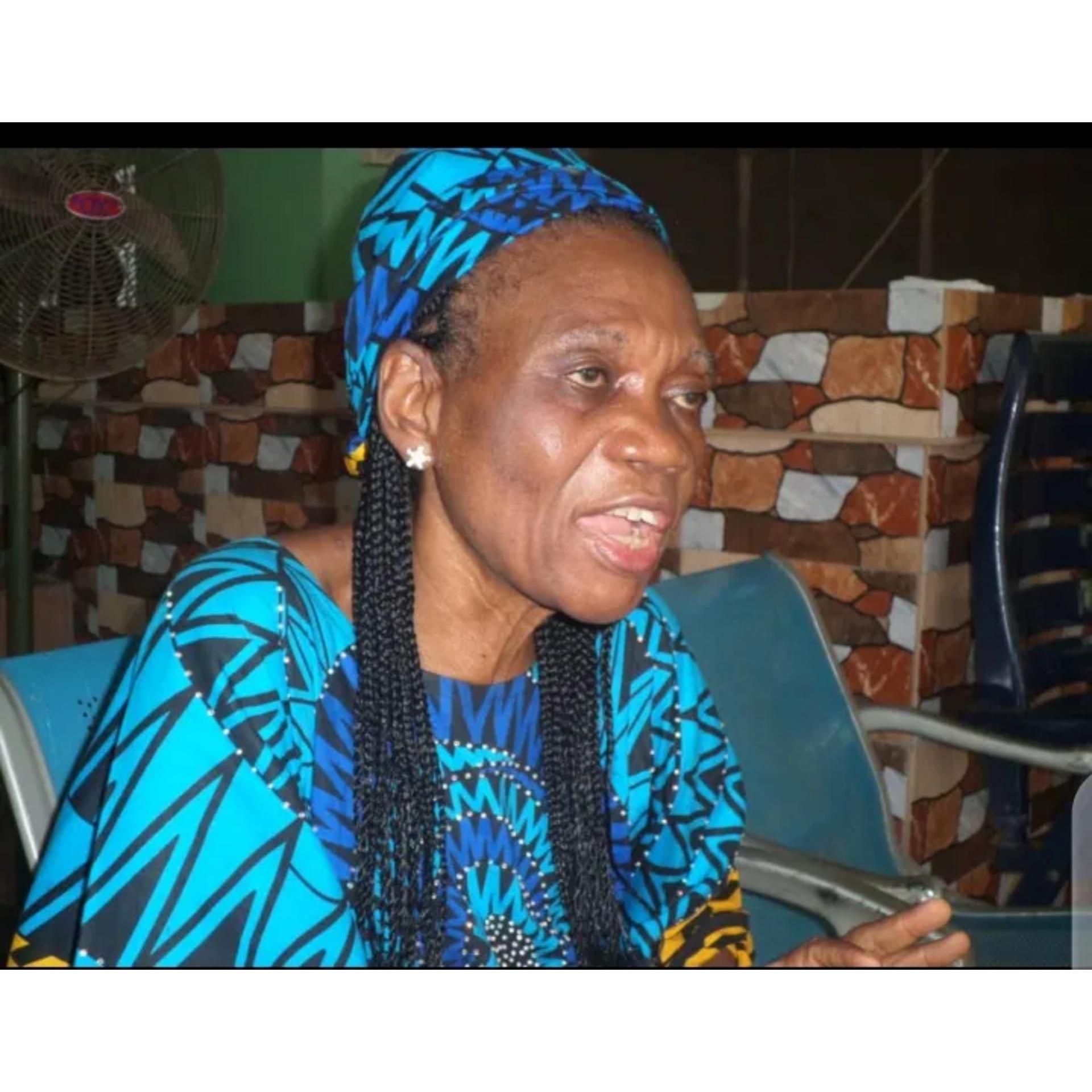Flora Ilonze, said to be the oldest female herbalist in Anambra State has said she planted anti-coronavirus plants in her gardens years back. The foun
Flora Ilonze, said to be the oldest female herbalist in Anambra State has said she planted anti-coronavirus plants in her gardens years back. The founder of Centre for Psychic and Healing Administration Awka, Anambra State, claimed knowledge of anti-coronavirus plants, ThePunch is reporting.
She challenged researchers across the world and governments to visit her garden for authentication of her claims. She claimed she had 375 species of plants in her garden with different medicinal values.
She said her grandparents, who were herbalists informed her of an outbreak of coronavirus abroad at their time and that it was imported into Nigeria and other African countries then.
“This, they told me, prompted herbalists and researchers on the continent to meet and initiate the planting of a certain healing tree at public places.
The herbalist added, “In one of my radio programmes in 2018, I mentioned some diseases and pandemics that occurred in the past and present which our forefathers used a certain plant to treat. Among them is Ebola (known in Igbo as Nchiche); you cannot go near those with this disease. I also talked about coronavirus (known as okwuma in Igbo language); you cannot touch or go near the sufferer.
“So, coronavirus is not new. It killed a lot of great men and women, rich and the poor all over the world when it occurred in the past. Because of this, our forefathers held meetings and decided that the tree should be planted at village squares, markets, hospitals, homes, shrines and so on. All tribes and nationalities have different names for the plant. There are also other plants in different parts of the world with such medicinal values. Unfortunately, most of them have been felled indiscriminately out of ignorance; get rich quick syndrome and religious beliefs.
“All parts of this tree are useful, its bark, roots, leaves and even inhaling its scent heals. In that radio programme I promised to offer the plant to everyone for free. But only five persons came to my centre and took the plant for free. This attracted a delegation from the Federal College of Complementary and Alternative Medicine Abuja to my centre. I conducted them round my herbal gardens and they confirmed it, promising to get back for further studies but never came back till date.”
